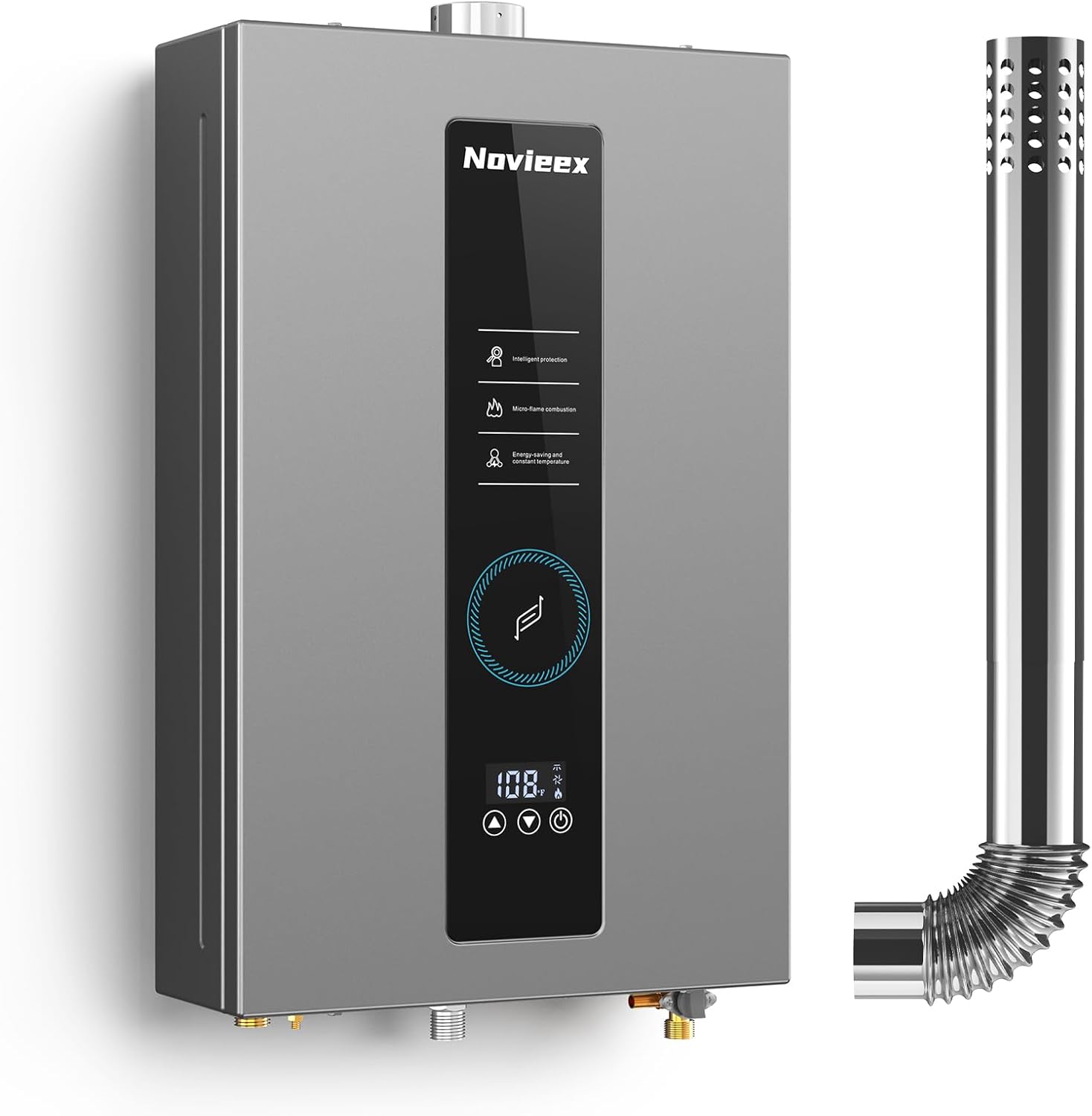Heating oil typically begins to gel and can freeze at temperatures around 20°F (-6°C), affecting its flow and usability in cold weather.
Heating oil is a reliable fuel source for keeping homes warm during winter. But when temperatures drop too low, it can freeze or gel, causing serious problems. Understanding when and why this happens helps prevent costly heating system failures.

What Temperature Does Heating Oil Freeze?
Heating oil begins to gel at around 16°F (-9°C) and fully freezes at approximately -40°F (-40°C). Unlike water which turns solid at 32°F (0°C), heating oil thickens into a waxy gel that clogs fuel lines and filters.
Freezing vs. Gelling: What’s the Difference?
When people say heating oil “freezes,” they’re usually referring to gelling. This process occurs in stages:
| Temperature | Effect |
|---|---|
| 32°F to 20°F (0°C to -7°C) | Oil begins to cloud |
| 20°F to 16°F (-7°C to -9°C) | Wax crystals form |
| 16°F to -40°F (-9°C to -40°C) | Oil gels and thickens |
| Below -40°F (-40°C) | Complete freezing |

How Gelling Affects Your Heating System
Gelled heating oil causes multiple problems:
- Fuel line blockages: Wax buildup restricts flow to your furnace
- Filter clogs: Gelled oil particles accumulate faster
- Nozzle obstructions: Prevents proper atomization for combustion
- Tank issues: Reduces usable fuel capacity
These issues can leave you without heat during cold weather. Emergency repairs often cost hundreds of dollars.
Preventing Heating Oil Gelling
1. Use Fuel Additives
Anti-gel additives lower the pour point of heating oil. Many suppliers like Van Doren Oil pre-treat their fuel. You can also add treatments yourself during extreme cold.
2. Insulate Fuel Lines
Wrap exposed pipes with foam insulation sleeves. This maintains oil temperature as it travels from tank to furnace. For maximum protection, consider built-in heating solutions for vulnerable areas.
3. Maintain Proper Tank Levels
Keep your tank at least half full in winter. More oil means less space for condensation, which can freeze and cause problems.
4. Consider Tank Location
Indoor tanks rarely gel. For outdoor tanks:
- Place in sunny areas
- Use tank blankets or insulation
- Consider underground installation
5. Schedule Regular Maintenance
Annual servicing catches issues before they become emergencies. Technicians can check for:
- Filter condition
- Nozzle wear
- Line insulation
- Burner efficiency
What to Do If Your Oil Gels
If you suspect gelling:
- Check filters and replace if clogged
- Use a hair dryer to warm fuel lines (avoid open flames)
- Add anti-gel treatment if possible
- Call a professional if problems persist
For severe cases, technicians may need to flush your system. Some homeowners install backup heating options for emergencies.
Heating Oil vs. Other Fuels in Cold Weather
Compared to alternatives:
- Propane: Boiling point of -44°F (-42°C) – won’t gel but tanks lose pressure in extreme cold
- Natural Gas: Doesn’t freeze but supply lines can ice up
- Electric: No freezing issues but vulnerable to power outages
Properly maintained heating oil systems remain reliable even in harsh winters when preventive measures are taken.

